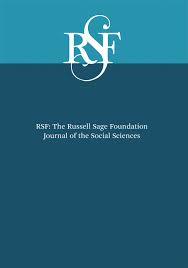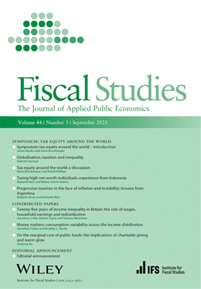
Meet Bradley Hardy
I am a Distinguished Professor in the McCourt School of Public Policy at Georgetown University. I am also a Nonresident Senior Fellow in Economic Studies at the Brookings Institution, and hold research affiliate appointments to poverty and inequality research centers at Columbia University, the University of Wisconsin-Madison, the University of Kentucky, and Washington University in St. Louis. At Georgetown, I teach courses on microeconomics and public finance.
My research examines intra and inter-generational economic outcomes across three overlapping themes: income and consumption volatility among low-income and disadvantaged families, analysis of U.S. income transfer policies and programs for low-income families, and the role of race and place as determinants of economic and policy outcomes. I explore the factors that shape the well-being of families and children—including parental and spatial economic conditions, public policies, and varying forms of structural social and economic inequality. Throughout my work, I consider how safety net programs can act as buffers against exposure to economic risk. I have provided expert testimony for Congress and local governmental commissions, as well as expert commentary for national and global news and media outlets.
My professional activities include membership on the American Economic Association Committee on Economic Statistics, and elected membership in the National Academy of Social Insurance. I am a coeditor at Contemporary Economic Policy, and have served on several expert panels focused broadly on poverty and inequality. Prior to joining Georgetown, I was a faculty member in the Department of Public Administration and Policy at American University, where I held leadership roles as Department Chair and Director of the master of public policy program. I hold a PhD in Economics from the University of Kentucky, an MPP from Georgetown University, and a BA in Economics from Morehouse College.
Research Highlights

Hardy, Bradley L., Shria Holla, Elizabeth S. Krause, and James P. Ziliak. 2025. “Stalled Progress? Five Decades of Black-White and Rural-Urban Income Gaps.” Russell Sage Journal of the Social Sciences 11(2): 115-136. https://doi.org/10.7758/RSF.2025.11.2.06

Fisher, Jonathan, and Bradley L. Hardy. 2023. “Money Matters: Consumption Variability Across the Income Distribution.” Fiscal Studies 44(3) https://doi.org/10.1111/1475-5890.12339